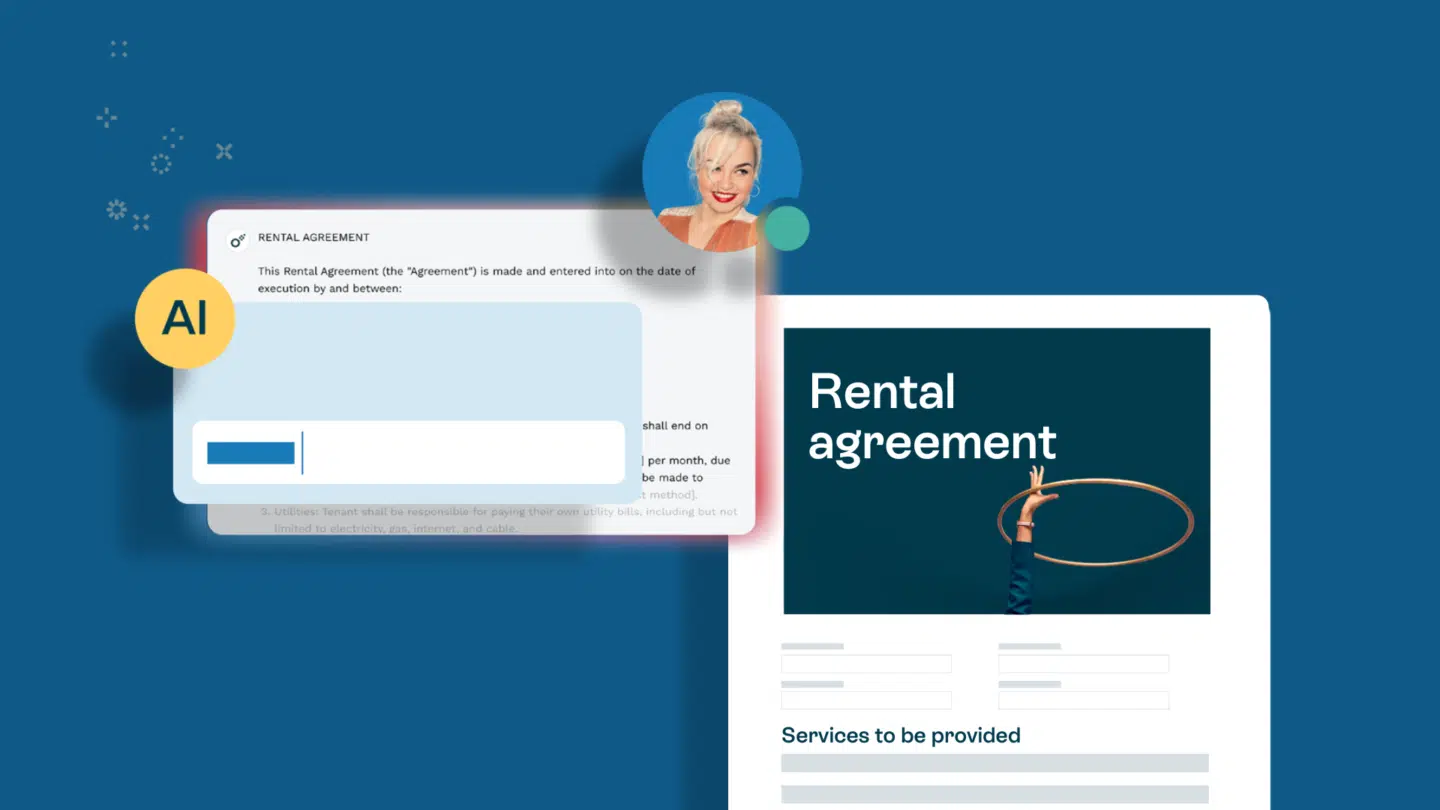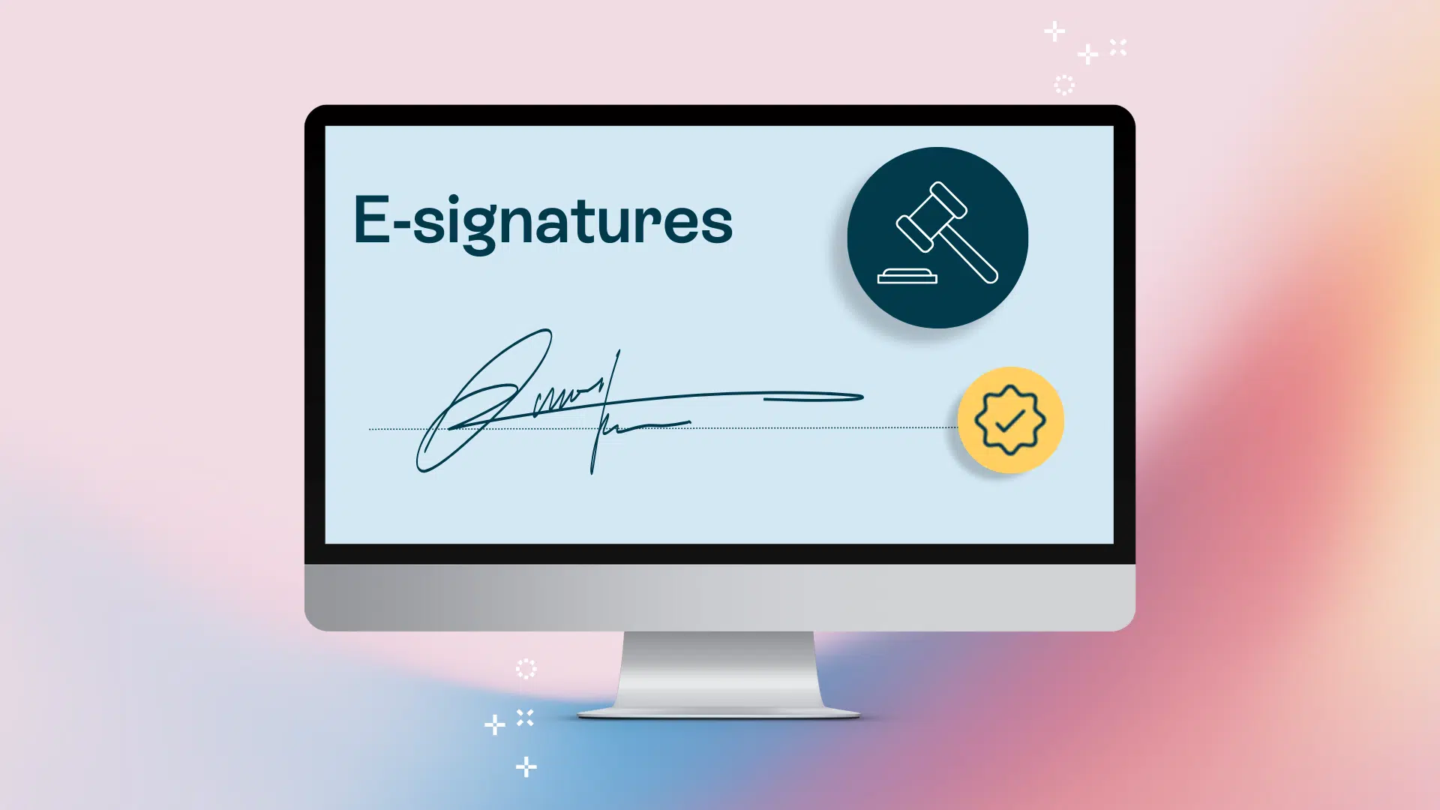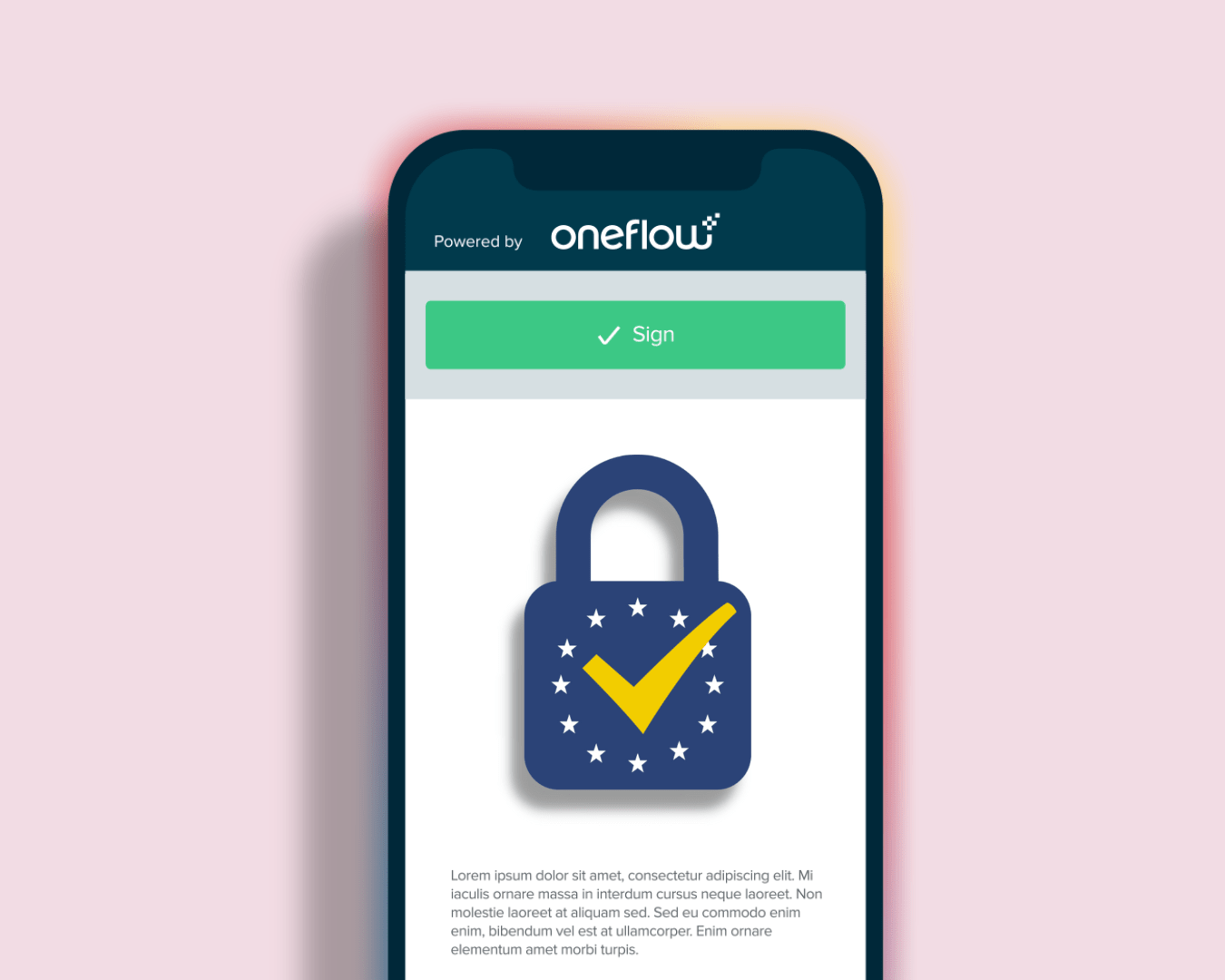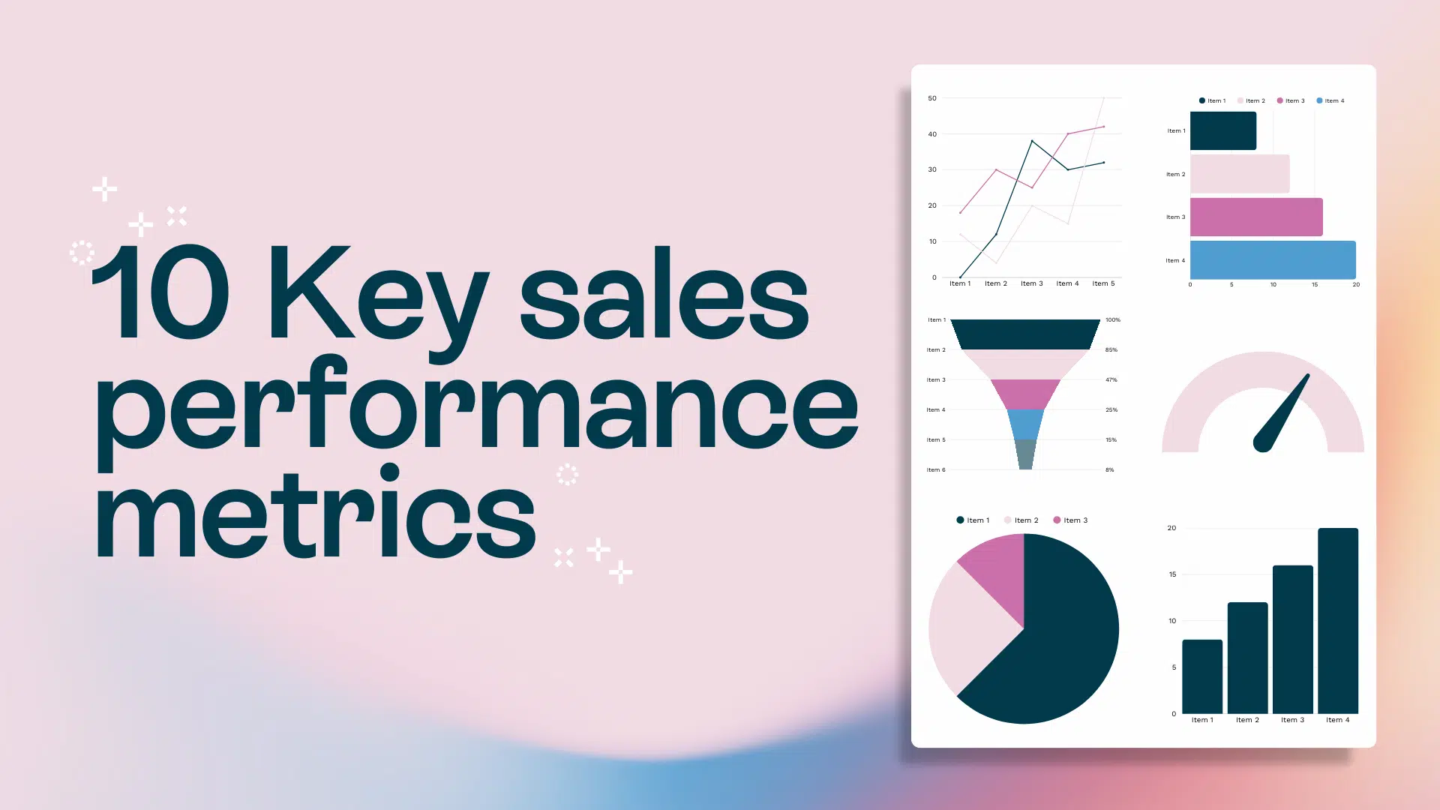1. The rise of AI in contract drafting
Artificial intelligence (AI) is rapidly becoming a powerful ally in the legal sector—particularly in contract drafting. As Sofia Bruno, technology lawyer at Oneflow, explains:
“AI isn’t replacing the lawyer’s role. It’s taking on repetitive tasks—like drafting standard clauses—so legal professionals can focus on what truly matters.”
AI-powered drafting tools can now generate structured, compliant contracts in minutes, using predefined templates and language. But Sofia emphasises the importance of human oversight. While AI may handle the first draft, lawyers must review the contract to ensure it reflects the specific intentions and commercial realities of the parties involved.
Key takeaways:
AI speeds up the drafting process, freeing lawyers to focus on high-value legal work
Standard clauses can be generated automatically, but accuracy still requires human input
AI lacks contextual awareness—lawyers must ensure the contract reflects each party’s intentions

2. The lawyer’s role in AI-assisted contracting
While AI can assist with drafting and even reviewing agreements, legal accountability still rests with humans. As Sofia notes:
“AI can help generate a clause, but it’s up to the parties—and their lawyers—to ensure they actually agree on what that clause means.”
Even the most sophisticated AI tools can’t interpret the nuanced goals of a negotiation. That’s why lawyers are still required to:
Translate legal jargon into client-understandable language
Ensure the contract is not only accurate but also appropriate to the situation
Align the document with regulatory requirements and ethical standards
AI is a supporting tool, not a replacement for professional judgement.
Read also: 5 best practices of AI in contract management
3. Ethical concerns and accountability in AI-assisted contracts
With AI’s growing influence in legal work, ethical considerations are more important than ever.
Sofia raised a key point:
“If an AI-generated clause leads to a dispute, the responsibility doesn’t lie with the AI—it lies with the lawyer who approved it.”
There’s also the issue of algorithmic bias. AI systems trained on flawed or unbalanced data could introduce clauses that are unfair, discriminatory, or legally problematic. Lawyers must take active steps to assess the integrity of the tools they use.
What this means for legal professionals:
You remain legally accountable for the final contract, regardless of how much AI was involved
AI tools must be tested for bias and fairness, especially when used in sensitive or high-stakes matters
Human review is essential to protect legal integrity and client trust
4. The balance between efficiency and caution
There’s no denying that AI boosts productivity—but speed should not come at the expense of due diligence. Sofia offers a word of caution:
“We’re seeing exciting developments in AI, but tools must be properly vetted and integrated into legal workflows.”
AI can help manage large volumes of contracts and simplify repetitive tasks, but the legal profession must ensure that efficiency does not compromise accuracy. Misinterpreted clauses or overlooked errors could result in significant commercial or legal risk.
The right approach:
Test and vet AI tools for compliance, accuracy, and security
Balance automation with proper legal oversight and review
Avoid the temptation to over-rely on AI without sufficient governance
AI is only a tool, and the final responsibility lies with us
The legal landscape is changing, and AI is leading the charge. But as Sofia Bruno aptly puts it:
“AI is only a tool—the final responsibility lies with us.”
Digital tools can reduce manual drafting work, improve consistency, and help lawyers deliver faster service. But they don’t replace legal expertise. Contracts—especially those with commercial or regulatory significance—still need human judgment, legal reasoning, and professional ethics.
Summary: What Every UK Legal Professional Should Know
Efficiency: AI speeds up drafting with reusable templates and structured clauses
Human Oversight: Every contract still needs legal review for accuracy and fairness
Accountability: Lawyers are responsible for all content, AI-assisted or not
Ethics: Watch for bias and ensure tools are tested and compliant
Balance: Blend automation with proper caution and legal scrutiny








